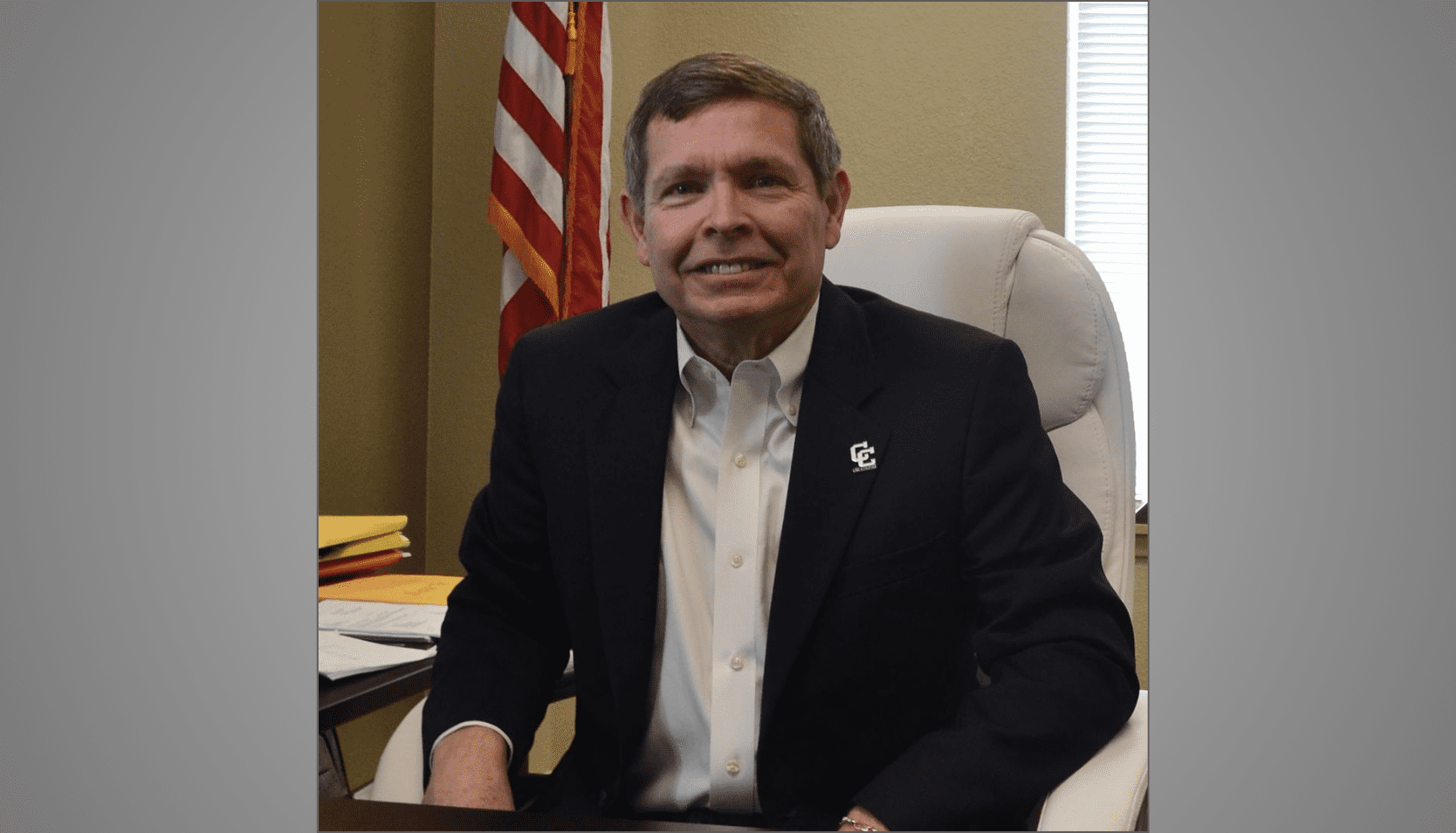One of the most significant taxpayer lawsuits in Texas’ history is about to go to jury-trial in Austin, but Lt. Gov. David Dewhurst has thus far refused to be deposed — despite being a defendant in the case. While the office of Lt. Governor is a taxing one, it seems that as the head of the Legislative Budget Board charged with enforcing Texas’ spending limit, he might have time to explain why the state’s application of that limit has been, well, a little too generous with your money.
At least that’s the allegation in the lawsuit, Hendee v Dewhurst. The Hendee in the case is Edd Hendee, a Houston restaurateur and radio host.
The lawsuit alleges the Legislature erred in setting too-generously the constitutionally-required spending limit. Mr. Dewhurst and the state’s lawyers initially tried to toss the case out, arguing citizens didnt have the right to enforce 1978’s voter-approved Texas Tax Relief Act.
The court frowned on that claim, given the amendment serves as the states nominal taxpayer protection and was approved by 4 out of 5 voters.
Now, we have to admit that as a spending limit, the constitutional amendment has been mostly meaningless. Tied to growth in the states economy, lawmakers have inappropriately established projected personal income as the limits measure. No clear-thinking economist would agree to such a metric, but such is the case when you let those being limited set the limit.
State spending has grown 500 percent since 1978, when the amendment was adopted, but actual personal income (versus the projected calculations used by lawmakers) has grown just 400 percent. The sum of population and inflation growth? About 280 percent.
Heck, since 2003 (the first all-Republican budget in Texas history) all-funds spending is up 30 percent. Texas’ taxpayers are furious about new business taxes and uncontrolled property taxes going to fund an ever-growing government at all levels of the state. That’s not what conservatives thought they were getting.
The staffer in charge of the LBB testified in deposition that no one in the Legislature takes the limit seriously. He described the state spending limit as a starting point, a guide – not a limitation to growing state government. A far cry from what the amendment was actually intended to do.
While the Lt. Gov. has been too busy to be deposed on this important taxpayer issue, he has had time for a lot of cattle roping competitions, as demonstrated by a front-page puff-piece in the Dallas Morning News. Given that he has all-but-announced he wants to be elected governor in 2010, he might want try lassoing the size of government for a while.




